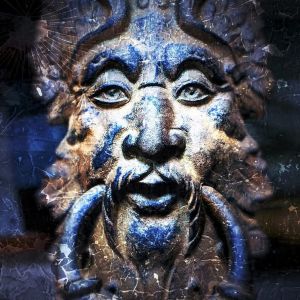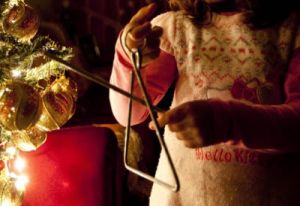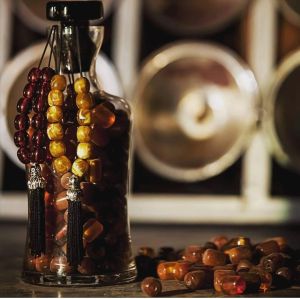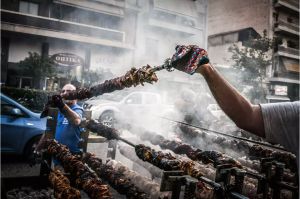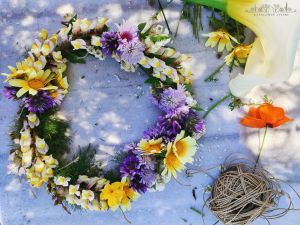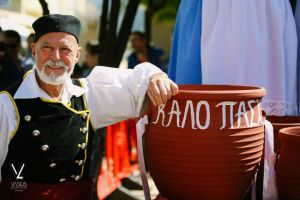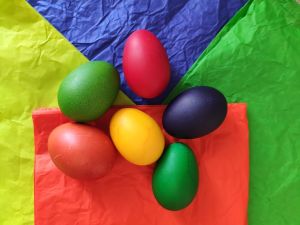Displaying items by tag: greek traditions
WINTER SOLSTICE IN GREECE, STORMS AND CELEBRATIONS
A new storm breaks out outside and we hear the sea roaring in the distance, Poseidon must have celebrated the solstice in style. Leneone is starting, the month between January and February that for the ancient Greeks was the heart of winter. The period of storms and cold winds, but also the time of conviviality. While waiting for the coffee to be ready, warm up with a read on our blog!
10 CHRISTMAS TRADITIONS THAT WILL MAKE YOU LONG FOR GREECE IN WINTER
While it is true that Italians and Greeks are “one face, one race” and have woven a complex web of shared history, knowledge and culture for millennia, Greek traditions do not always correspond to Italian ones, especially in religious holidays that involve different celebrations for Catholics and Orthodox. In this article we tell you about the 10 traditions that will enliven our Christmas and New Year. Are you ready to leave with us for this journey into the festive cuisine and celebrations of Kefalonia?
KOMBOLOI AND BEGLERI
Many of you will already be familiar with komboloi (κομπολόι) and in Greece will have seen it flowing, grain after grain, between the fingers of men of all ages in cafés and on the streets. For those who are wondering what we are talking about, the komboloi is a string closed in a circle on which pearls of different materials are strung. It is a pastime, if necessary a rosary, a precursor of modern anti-stress but also and above all a powerful cultural symbol which was and still remains a predominantly male accessory.
CARNIVAL IN KEFALONIA, THE PERFUME OF TSIKNOPEMPTI
If for those who don't speak Greek it can be almost a challenge to pronounce the term Tsiknopempti, for those who don't know at least a little about Greek culture it can be equally difficult to imagine that there is a day entirely dedicated to meat and, even more specifically, to perfume of grilled meat. Not only taverns and takeaways, but also shops, squares and even schools will be filled today with grills, meat, music and festive voices.
MAY, THE MAGICAL MONTH OF NEW BEGINNINGS
In many countries May 1st is Labor Day, but in Greece it is so much more! The month of Μάιος (May) owes its name to Maia, a nymph associated with fertility and the earth, but it is also dedicated to the goddess of agriculture Dimitra and her daughter Persephone, who emerges from Hades and comes to earth to restore life . In May we celebrate the victory of life over death and of summer over winter, a bit as if May had the magical property of making everything new.
THE LAUNCH OF THE BOTIDES. HOLY SATURDAY IN THE IONIAN ISLANDS
Easter in the Ionian Islands is a real explosion of sounds and colours. Did you know that on the morning of Holy Saturday the bells ring for the "First Resurrection" and red terracotta pots are thrown from the balconies, filled with water to make them even noisier?
THE ORTHODOX EASTER, ACTIVITIES FOR LITTLE TRAVELERS
The Easter holidays are an excellent opportunity to introduce your children to Greek traditions. Candles to decorate, eggs to dye red, biscuits to bake together, palm leaves to weave... There are so many activities to do as a family to get to know your next holiday destination better!

